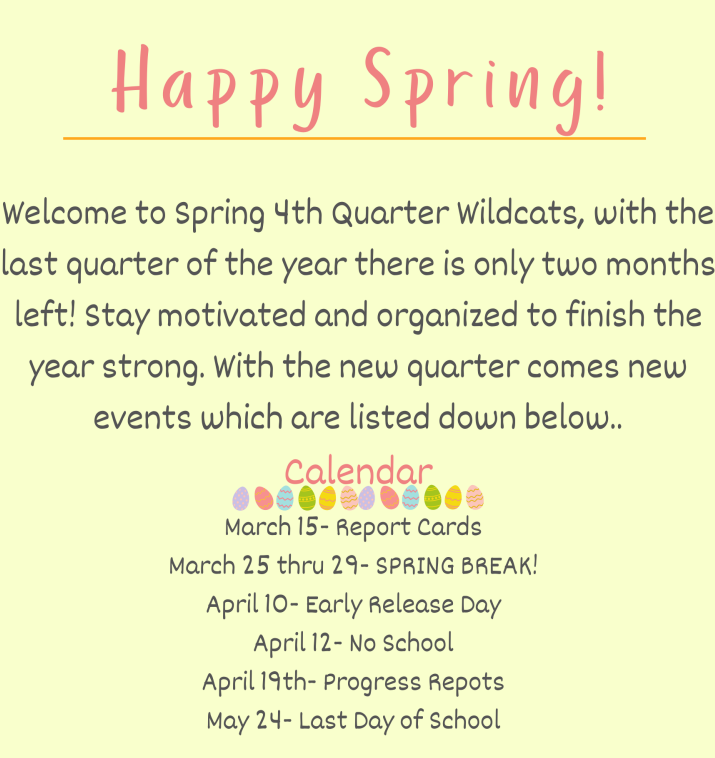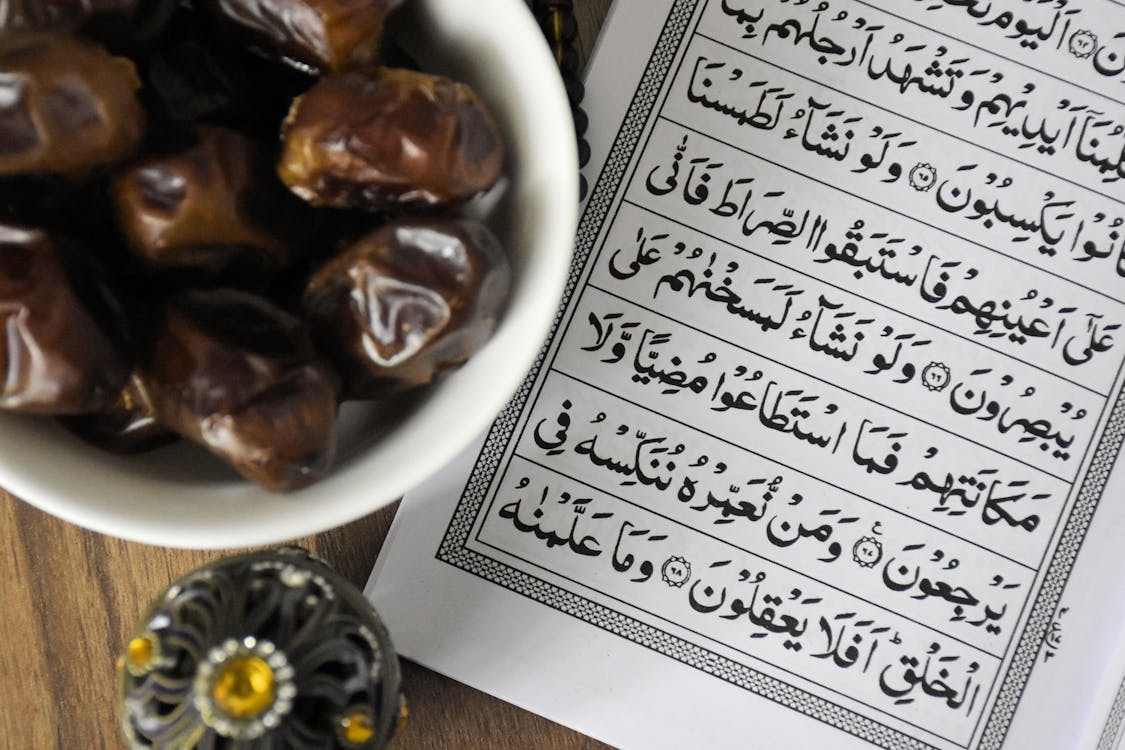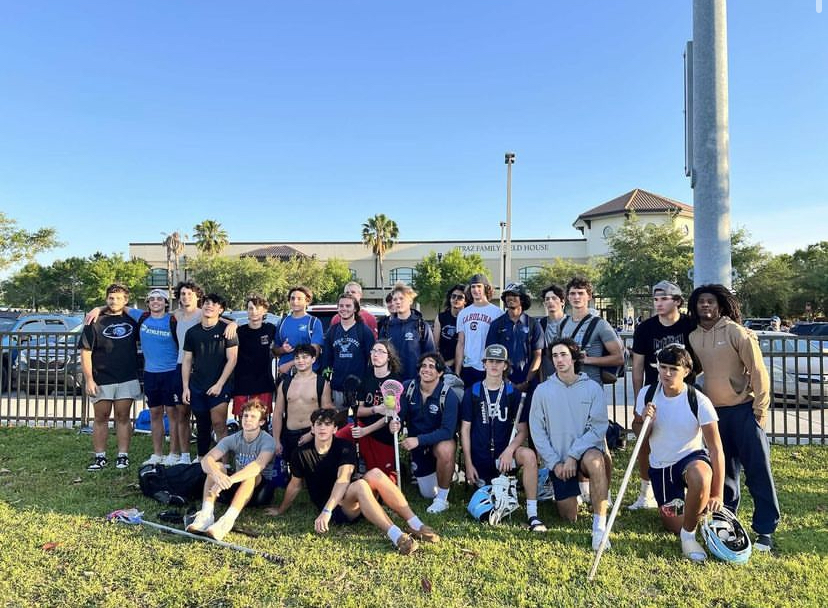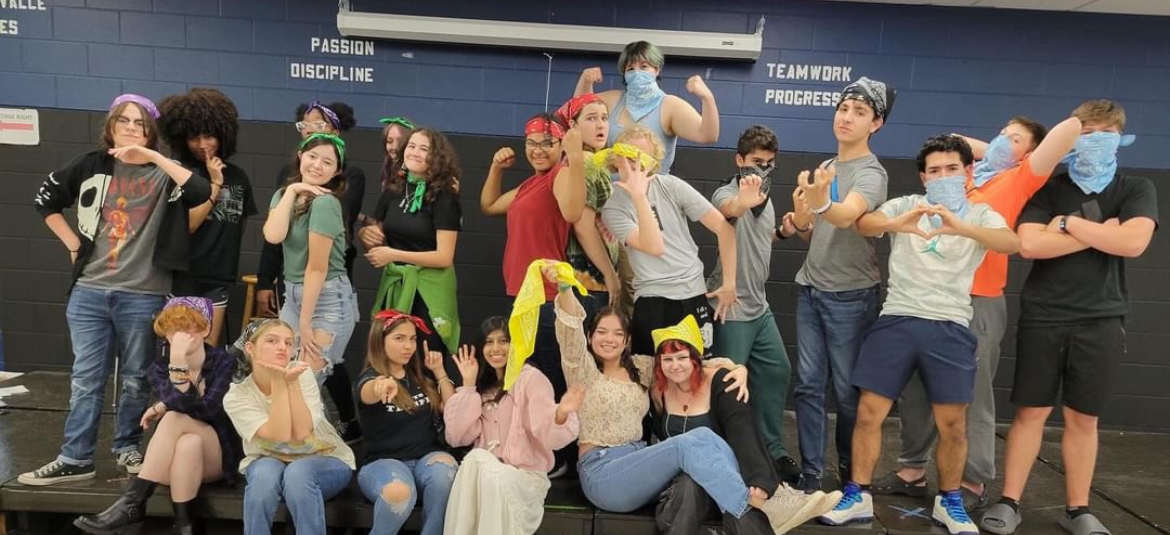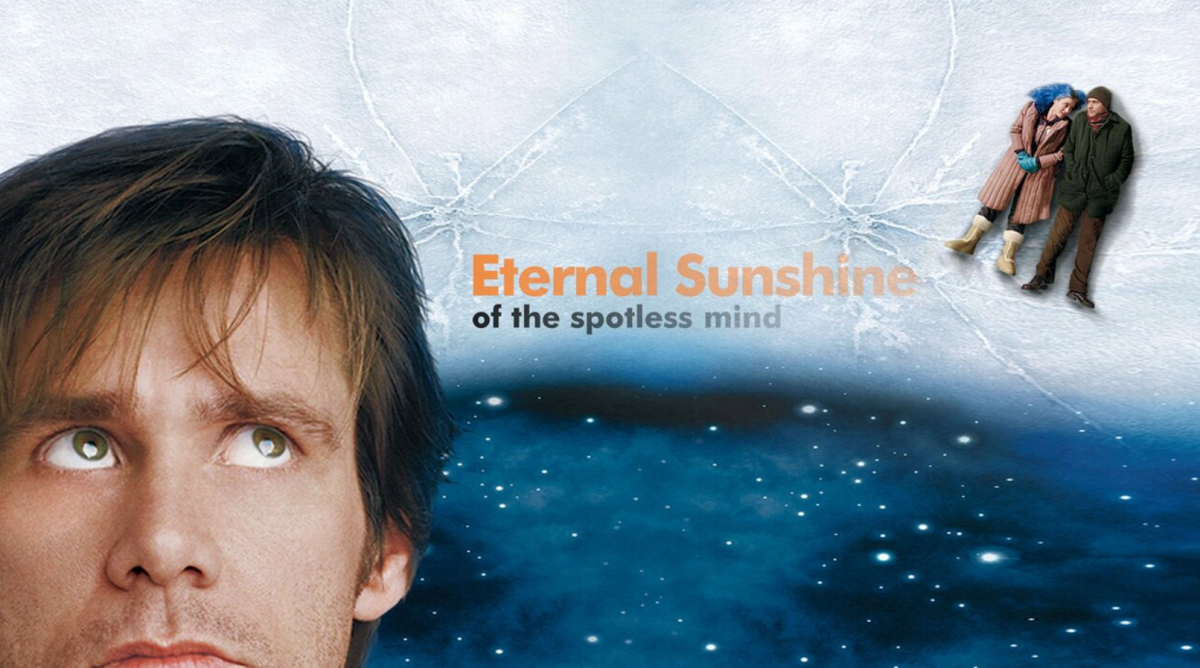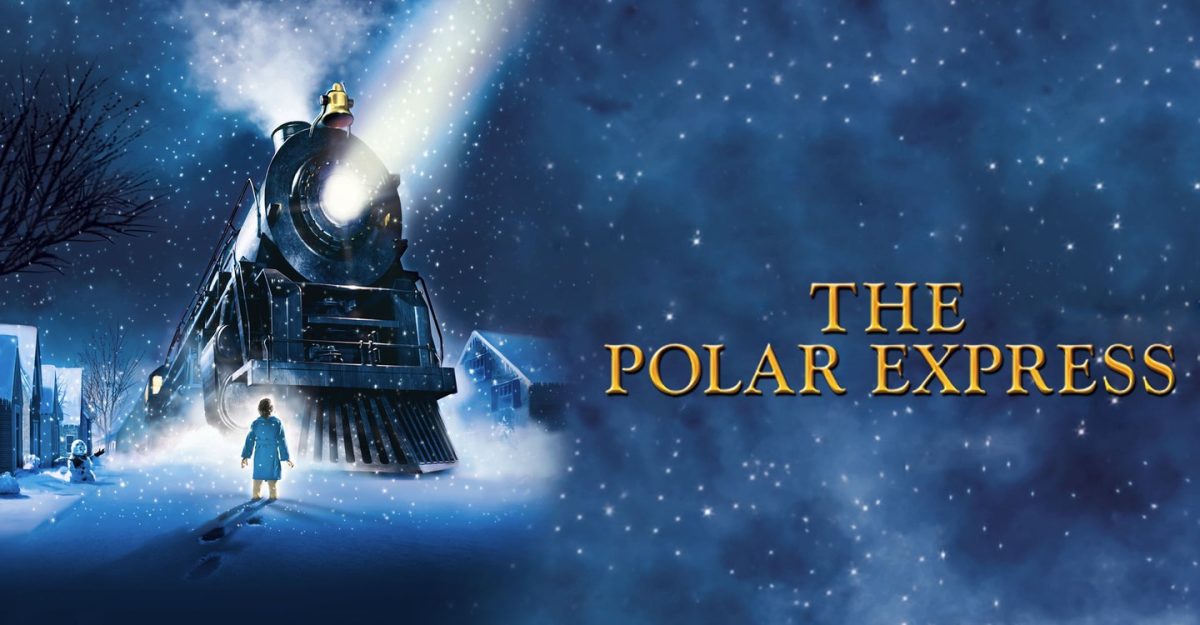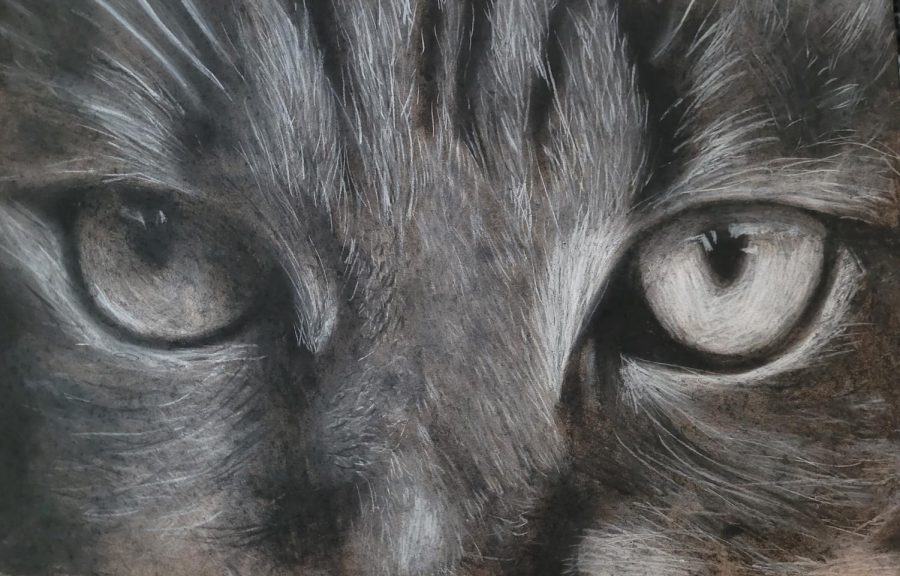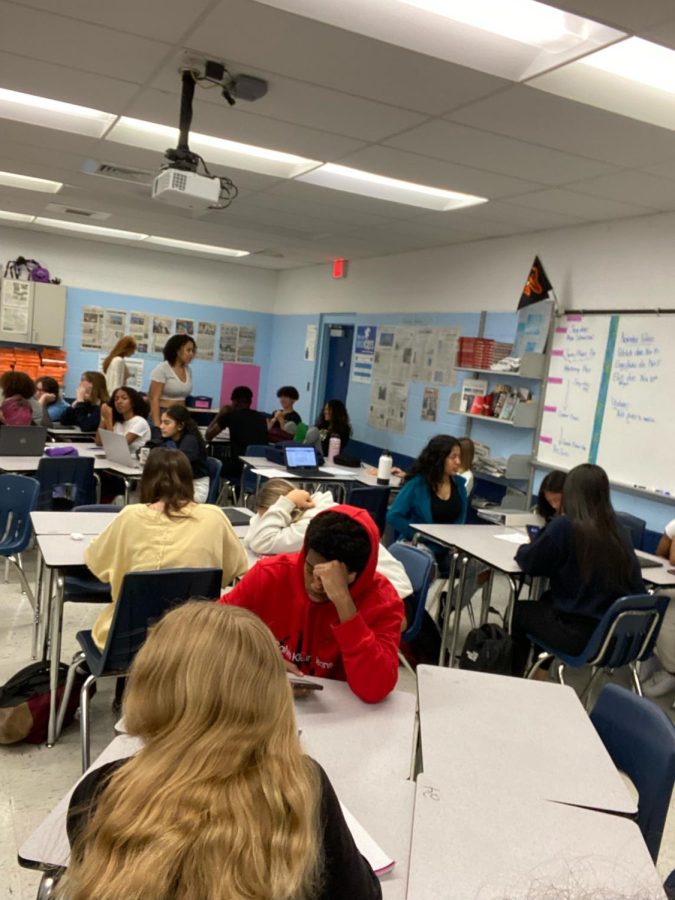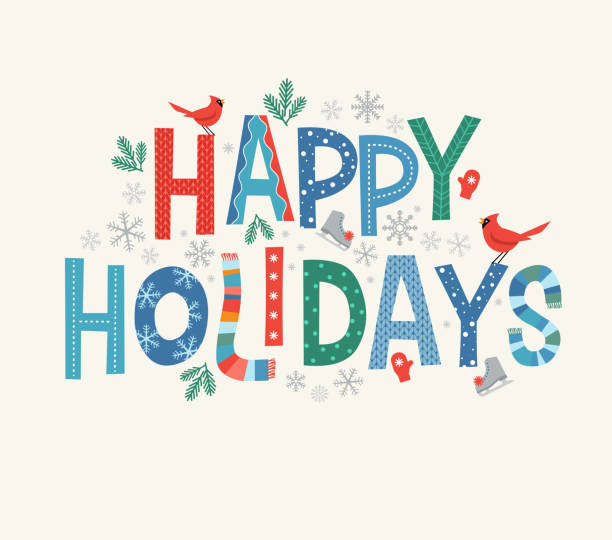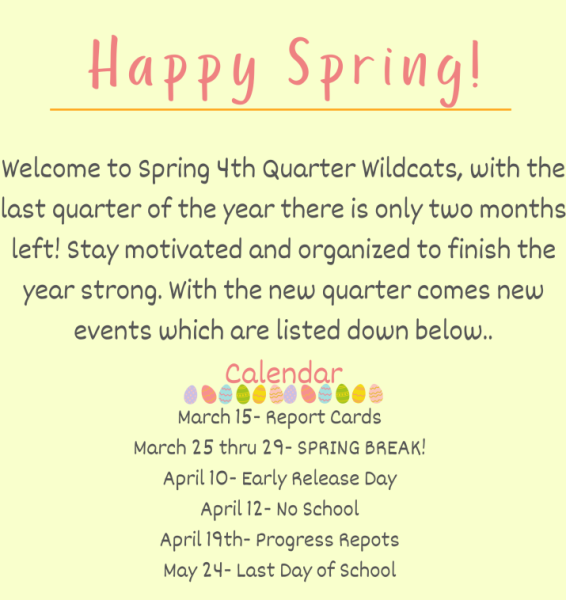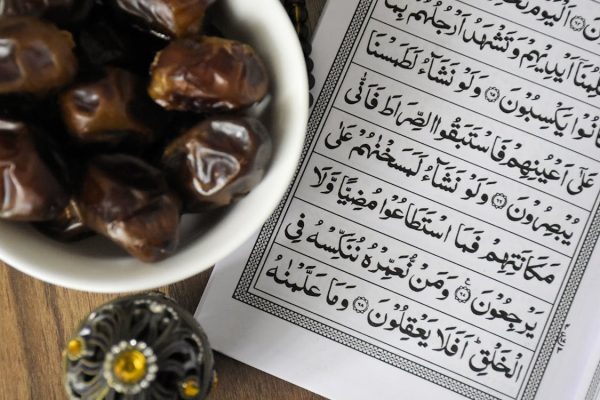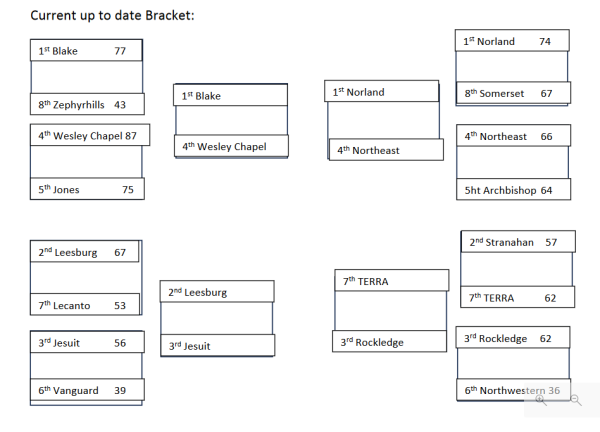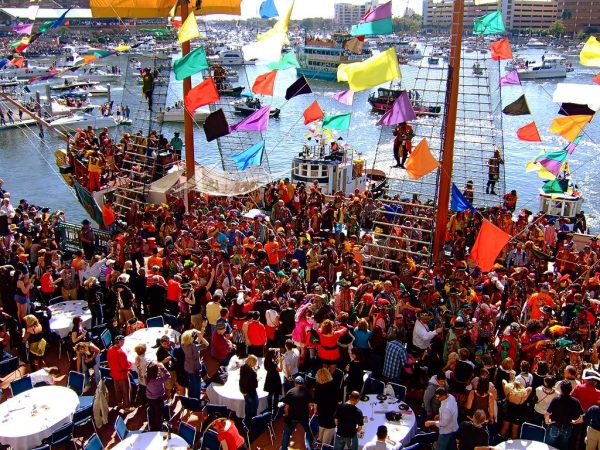Happy Holidays!
Celebrating Christmas, Hanukkah, Kwanzaa, Boxing Day and Yule
In diverse cultures or religions, there are many ways people come together to celebrate. Whether they are celebrating by exchanging gifts, praying, or coming together as a group, each holiday has its own origins and history. Christmas, Hanukkah, Kwanzaa, Boxing Day, and Yule are different holidays celebrated all around the world, and each celebration brings people together for varied reasons.
Christmas
Christmas is a holiday celebrated on the 25th of December, as a worldwide celebration. According to Britannica, Christmas is a Christian festival celebrating the birth of Jesus. Today, Christmas is celebrated by, “Popular customs include exchanging gifts, decorating Christmas trees, attending church, sharing meals with family and friends and, of course, waiting for Santa Claus to arrive.” (History.com, “History of Christmas”). The origin of Christmas stems from both Roman and Pagan cultures. As stated by, Voice & Vision, The Romans celebrated two holidays in December, Saturnalia, a tribute of the god of agriculture Saturn, and on December 25th, they celebrated the birth of their sun god, Mithra. They also stated that The Pagans lit bonfires to keep the darkness of December nights away, then the Romans incorporated this into their traditions.
The “American Christmas” only started until the early 1800’s, but was declared a national holiday in 1870, by President Ulysses S. Grant (‘A Brief History of Christmas”, Voice & Vision). Simple traditions that are partaken in today are, hanging stockings, picking out and decorating Christmas trees, decorating gingerbread houses, opening a gift on Christmas Eve, exchanging gifts and/or secret Santa’s. ” As years passed, the holiday has grown, creating more traditions to pass on to future generations.
Hanukkah
Hanukkah is a Jewish holiday, eight-days, and celebrated the rededication of the Holy Temple, the wintertime “festival of lights.” It is celebrated by a nightly Menorah lighting and special prayers. As stated by Chabad, “On the first night, we light just one flame. On the second night, an additional flame is lit. By the eighth night of Chanukah, all eight lights are kindled.,” They do this to symbolize the eight days that the Temple’s Menorah stayed lit, when a small band of faithful Jewish people defeated one of the mightiest armies, and reclaimed the Holy Temple in Jerusalem, in second century BCE. According to National Geographic Kids, “Hanukkah starts on the 25th day of Kislev, the ninth month of the Hebrew calendar.” This year, Hanukkah begins the evening of December 18th, and ends on December 26th. The Menorah holds nine candles, the extra one used to light the other eight.
Zachary Kurland, freshman, spoke on his experiences during the holiday, and shares his favorite parts of celebrating. “Seeing my family and seeing the traditions really in action, it’s a lot of fun.” He further states how he mostly stays with family, stays close and connects with them during the holiday, not just about the presents, but how staying close with each other is important.
Kwanzaa
Kwanzaa is a week when the family and community come together to honor their ancestors, affirm bonds between them, share a feast, and to celebrate African American culture. “Each day they light a candle to highlight the principle of that day and to breathe meaning into the principles with various activities, such as reciting the sayings or writings of great black thinkers and writers, reciting original poetry, African drumming, and sharing a meal of African diaspora-inspired foods.” (National Museum of African American History & Culture – Smithsonian). Kwanzaa was not created until around the 1960’s, several people celebrate Kwanzaa and Christmas, According to History.com, ““Kwanzaa is not a religious holiday, but a cultural one with an inherent spiritual quality,” Karenga writes. “Thus, Africans of all faiths can and do celebrate Kwanzaa, i.e. Muslims, Christians, Black Hebrews, Jews, Buddhists, Baha’i and Hindus, as well as those who follow the ancient traditions of Maat, Yoruba, Ashanti, Dogon, etc.””. Kwanzaa begins December 26th and ends January 1st.
Kwanzaa celebrates or focuses on seven principles; Umoja (Unity), Kujichagulia (Self-Determination), Ujima (Collective Work and Responsibility), Ujamaa (Cooperative Economics), Nia (Purpose), Kuumba (Creativity), and Imani (Faith). Kwanzaa is for purpose and learning just as much as it is important to have fun with family and friends. (“7 Kwanzaa Principles and Their Meanings Explained”, Your Dictionary).
Yule
Yule is a holiday like Christmas, the names being synonyms, although the meaning behind Yule is different than the well-known holidays. According to Almanac, “After the solstice—the shortest day of the year—the days once again begin to grow longer, so it’s thought that Yule was a celebration of the re-appearance of the Sun and the fertile land’s rebirth.” Yule is one of the oldest winter celebrations in the world, as the seasons and weather played a major part of the people’s lives in those times.
Boxing Day
Boxing Day is celebrated on December 26th, and is celebrated in Great Britain, and other Commonwealth countries (Canada, New Zealand, Australia). The holiday is used to present less fortunate people with presents, like, servants, poor, and tradespeople. (Info from Britannica). Now by the 21st century, the holiday has become associated with shopping and sporting events. The origin of this holiday is believed to be from gifts given to employees after Christmas day.
All in all, each tradition, religion, and holiday, all vary and are unique in their own way. They all bring people together to celebrate and bond over their joint beliefs. Whether they are decorating a Christmas tree, or lighting a Menorah, it is the traditions that bring everyone together to celebrate.
Your donation will support the student journalists of Wesley Chapel High School. Your contribution will allow us to purchase equipment and cover our annual website hosting costs.


